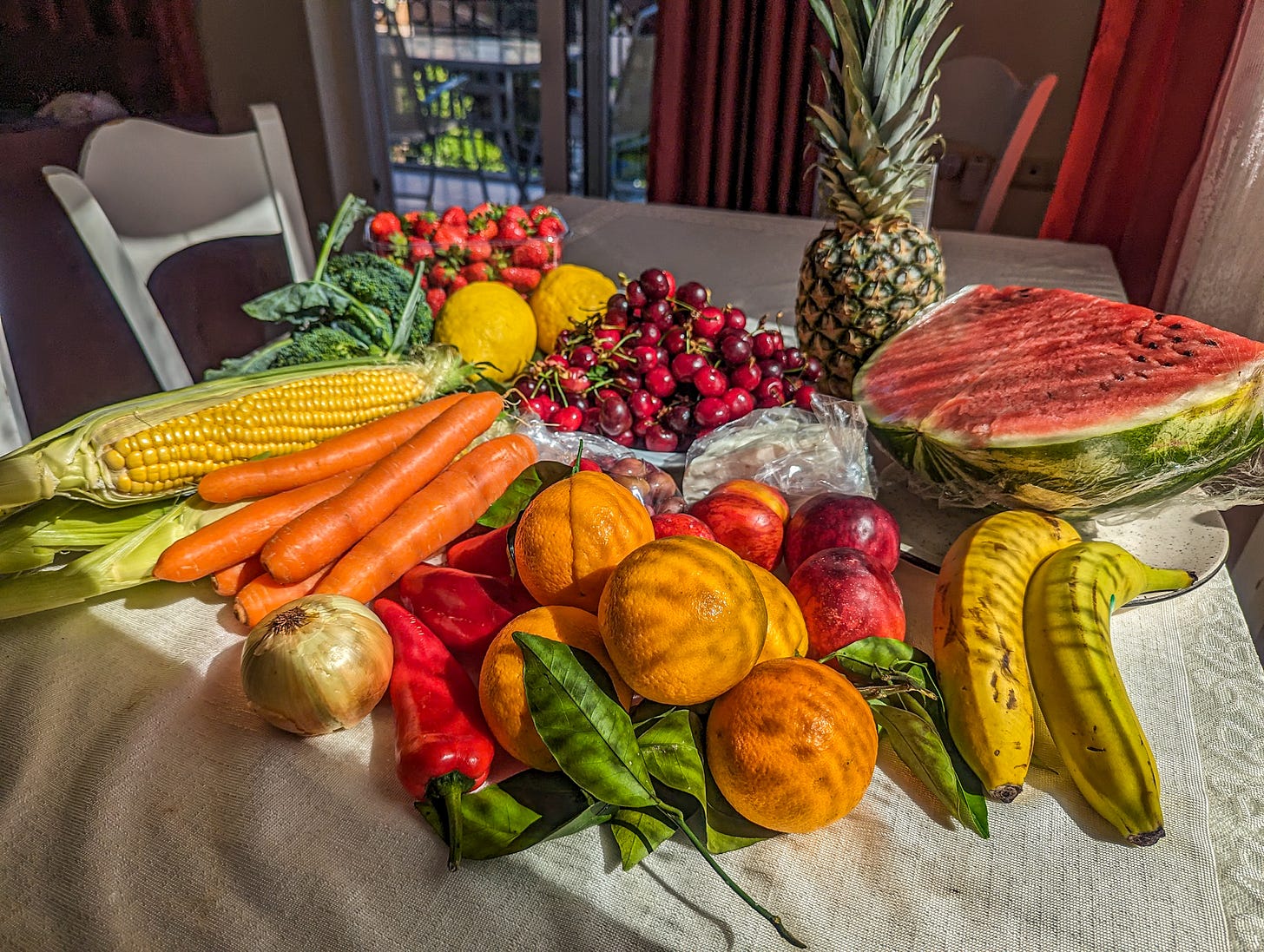Ask Us Anything: How Do You Get Cheap International Phone and Data Service? How Do You Eat Healthy On the Road? Which Are Better, Hotel Rooms or Airbnb?
Also, do you need to learn Spanish in San Miguel de Allende? What's our favorite country? And does the 72-Hour Rule ever fail us?
This article contains affiliate links where we may earn a commission from purchases.
This is a regular column where we answer your travel-related questions. If you ask nicely, we might even answer your non-travel-related ones too!
Have a question for a future column? Ask it here.
As digital nomads, how often do you guys eat out? I'm currently battling a stomach bug, and it reminds me how whenever I eat out too many meals in a row, I just want to stay home and eat healthily. When you do cook at home, what do you make? — Denisz
Great question!
If we’re in an “affordable” country, we tend to eat out fairly often — sometimes as much as five or six times a week. Since a great meal can be as cheap as $5-$10 for the both of us, it’s basically cheaper for us to eat out than it is to cook for ourselves at home.
But you’re right: restaurants and food carts don’t always focus on how “healthy” their food is. They want customers, so they focus on taste, which means lots of salt, fat, and sugar. And after a while, that doesn’t leave you feeling so great.
But a couple of things: food is generally healthier in the Asian countries where we tend to eat out a lot. And we try hard to order as healthily as possible, with less meat and more veggies — and whole grains if they have them.
And when we cook for ourselves at home — most of our meals in “expensive” countries — we try very hard to be healthy here too. Unfortunately, Airbnbs aren’t always very well-equipped, and we also don’t want to buy lots of expensive staples just for a couple of meals.
So we go for healthy and simple. Brent lists one of our simple “travel” recipes at the end of each of his Secret Travel Hacks columns.
Some of our most common meals are: steamed or stir-fried veggies and tofu with a lemon-tahini sauce; whole wheat pasta primavera loaded with veggies; and omelets with roasted potatoes (and also roasted veggies).
We also make fruit smoothies — when we have a blender, which is not always the case — and we eat a lot of fresh fruit.
One of the best aspects of our lifestyle is getting to shop at local public markets and fruit-and-veggie stands where we can get lots of fresh, locally sourced fruits and veggies every day.
It’s a bit of work, keeping healthy while living a life of continuous travel. But it’s not that much work, and we think the benefits are absolutely worth it.
Oh, and if your tummy is still upset, don’t forget to check our guide to fighting food poisoning here!
— Michael
Avoiding Fees
As nomads, how do you access your money in the U.S. without incurring huge fees? — Carol
The most important rule of international travel — even more important than avoiding dancing in the rain on the rim of an active volcano! — is to always use a “travel” credit card, which has no international transaction fees.
Many folks don’t understand that using a domestic credit card outside of your home country will rack up a hefty transaction fee for every single purchase you make.
For travel credit cards, we recommend United Gateway or Explorer or Capital One — and with those links, you’ll get 100,000 free frequent flier miles or points too.
These cards also offer travel insurance, for theft, trip interruption, some car rental coverage, and even some minor medical — assuming you purchase the trip on the card, of course.
Meanwhile, when it comes to ATMs, one of the very first things we do when we arrive in a new country is Google: “Which ATMs have no or the lowest fees for international travelers”? And then, because Google sometimes lies, we make a withdrawal, and I check to ensure that the fee is really low or non-existent.
Our bank refunds withdrawal fees, but banks don’t always list fees as “fees” — sometimes it’s just bundled into the withdrawal amount — so this may not help you.
Oh, and always decline the ATMs conversion rate, which will be terrible — let your bank do the currency converting for you.

Finally, there is the question of online banking, which is more a question of security than access. We always use a paid VPN — “free” VPNs are not free; we prefer Nord — and we have two-factor authentication on everything.
For credit card transactions, we also use instant text notifications for every new purchase, so we immediately know we’ve been hacked or if a merchant is trying to overcharge us. Both have happened more than once.
— Brent
Cheap International (or Domestic) Phone and Data
We're planning on moving to Portugal this summer, but we don't want to give up our phone numbers, and all of our family will still be in the U.S. Any advice on keeping our numbers without paying big bucks to TMobile or Verizon? — Rene
Oh, boy, do we have advice for you!
Here’s how you keep your phone numbers and also pay almost nothing for both phone and data while traveling internationally — or even living domestically. No one has to pay those ridiculously high American phone-rates — at least until the corporations nix these clever hacks.
Keep reading with a 7-day free trial
Subscribe to Brent and Michael Are Going Places to keep reading this post and get 7 days of free access to the full post archives.





